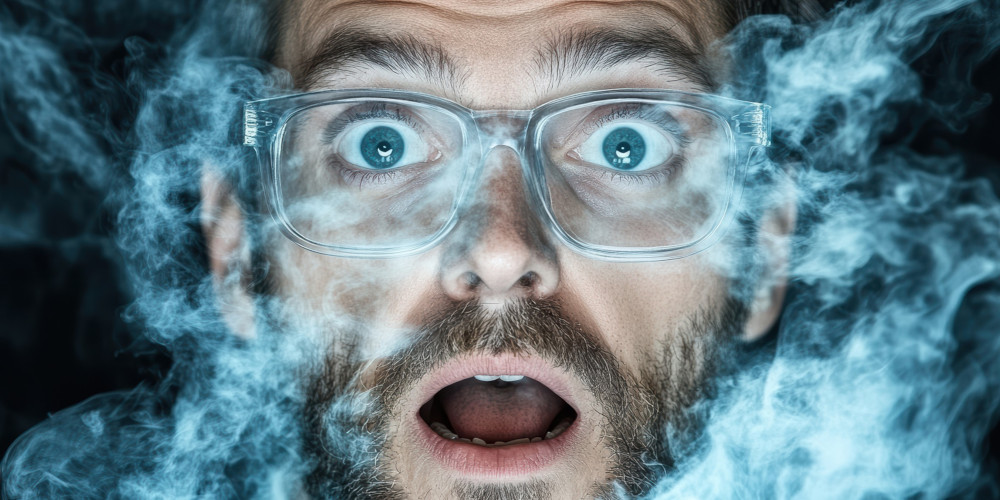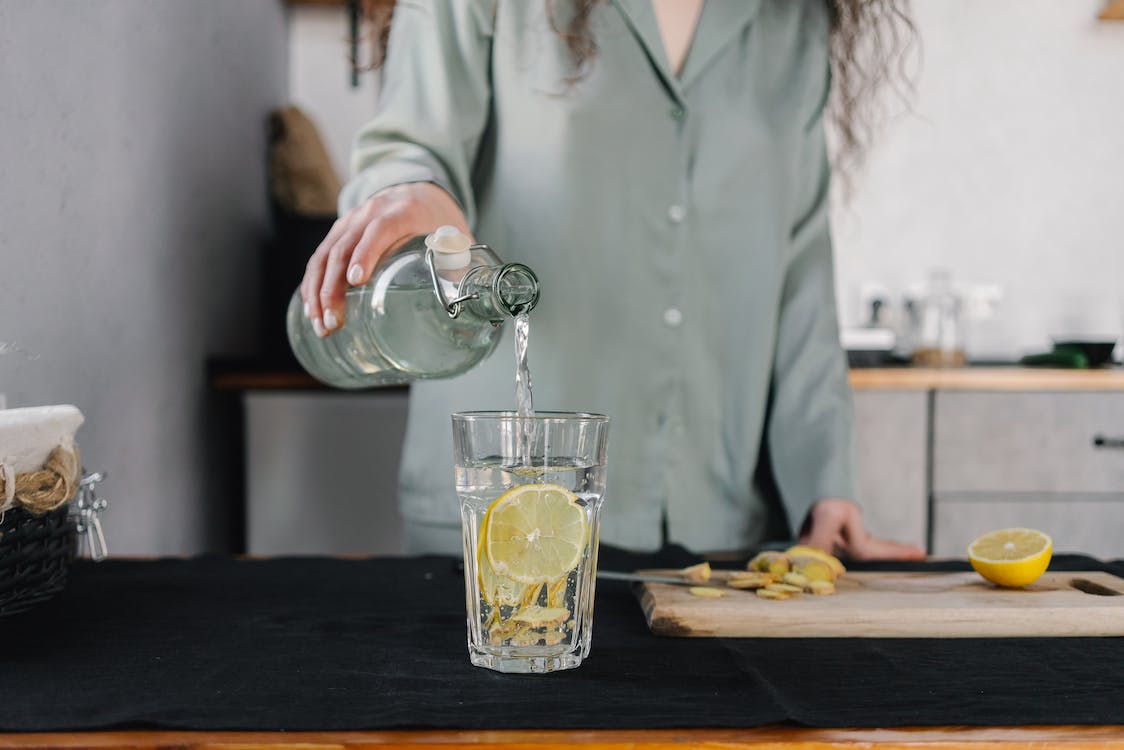There’s a dangerous myth about addiction, that it happens to people who are reckless, selfish, or weak. The truth is the opposite. Many of the people who struggle most deeply with addiction are, in fact, good people, kind, empathetic, responsible, and deeply caring. They’re the ones who always show up, always fix, always take on more than they can carry. And somewhere in the exhaustion of constantly holding the world together, they break, quietly, privately, and often with a smile still on their face.
Addiction doesn’t choose villains. It chooses the ones who feel everything too deeply.
The Good Person’s Trap
Good people, the caregivers, the perfectionists, the peacemakers, are often the most vulnerable to addiction because they’re the least likely to ask for help. They’re the ones everyone else leans on, so they learn early that their role is to cope, to stay strong, to manage the chaos. They’ll sacrifice their own needs to keep others comfortable.
That kind of emotional overfunctioning is exhausting. When you’re constantly suppressing your pain to support everyone else, you eventually need relief from your own internal noise. Addiction slips in, not as rebellion, but as rest.
Good people rarely drink or use drugs to escape responsibility. They do it to escape the pressure of being responsible for everyone else. The bottle, the pill, the joint, they all become temporary permission to stop performing, to stop holding it all together.
The Myth of Strength
Society celebrates “strong people.” We admire resilience, productivity, and control. But those same traits can become prisons. Good people cling to strength because it’s tied to their identity. They believe that showing weakness equals failure, so they smile through anxiety, work through grief, and cope through addiction.
By the time they realise they’re dependent, it’s usually advanced. Because people who appear strong don’t raise red flags. No one suspects the schoolteacher who bakes for fundraisers, the businessman who runs marathons, or the mother who “just needs a glass of wine” after bedtime.
The tragedy is that their goodness, their compassion, their responsibility, their desire to help, becomes the very thing that traps them in silence. They don’t want to disappoint anyone. They don’t want to be the problem. So they hide it.
And the hiding is what kills them.
Addiction as Relief, Not Rebellion
For many, addiction isn’t about chasing pleasure. It’s about chasing peace. The good addict doesn’t want to get high, they want to feel normal. To stop thinking. To stop caring. To turn down the noise of a brain that never stops analysing, pleasing, fixing, or worrying.
That’s why so many people who are naturally empathetic are drawn into addiction. Empathy means you absorb other people’s pain. It’s a gift, but it’s also a curse if you don’t know how to set boundaries. Eventually, the emotional load becomes unbearable. Substances offer temporary escape from feeling too much.
Addiction, in this sense, isn’t about moral failure, it’s about emotional survival. It’s the body’s way of saying, “I can’t hold all of this anymore.”
The Hidden Cost of Being “Good”
Being good comes with unspoken expectations, don’t complain, don’t cause trouble, don’t make anyone uncomfortable. You learn to smile even when you’re breaking. You show up when you should rest. You forgive when you should confront. But all that suppressed emotion has to go somewhere. You can’t bottle pain forever without finding a release valve. For some, that valve becomes alcohol, medication, gambling, or food. It’s not about rebellion, it’s about relief.
The problem is, the good person’s addiction doesn’t look like addiction at first. It’s subtle, hidden behind routine and politeness. The cracks only show later, missed commitments, emotional outbursts, a slow unraveling of control.
By the time it’s visible, the shame is enormous. They’re not just addicted, they’re ashamed for being addicted. Because in their mind, addiction is something they were supposed to be immune to.
The Shame Loop
Shame is what keeps good people trapped the longest. They don’t just feel guilty about what they’ve done, they feel defective for having done it at all. They think, “I should know better,” or “People look up to me,” or “If anyone knew, they’d never trust me again.”
So they double down on control. They try to hide it better, to compensate harder, to outwork the guilt. But that only deepens the dependency. It becomes a cycle of exhaustion and escape, perform, collapse, repeat. In this way, addiction becomes an invisible prison, one reinforced by social approval. People praise your productivity, your kindness, your ability to “handle everything.” They never see that the only way you’re coping is by quietly destroying yourself.
When Empathy Turns Into Exhaustion
There’s a fine line between caring and caretaking. Good people often cross it without realising. They absorb everyone else’s struggles, thinking it’s love. But when you constantly neglect your own needs, your body and mind eventually rebel. Addiction steps in as a way to refill what’s been drained.
It’s no coincidence that so many nurses, teachers, social workers, and parents end up in treatment. These are people built to serve. But service without self-care turns compassion into burnout, and burnout into dependency.
You can’t keep pouring from an empty cup, but good people will try until the cup cracks. Addiction becomes the glue that holds it together, even as it eats them alive.
The Illusion of Control
Control is the addiction within the addiction. Many high-functioning addicts believe they can manage their use because they manage everything else in their lives. They tell themselves, “I’ve got this,” while quietly negotiating limits, only drinking on weekends, only using after work, only taking half the pill.
It’s not about recklessness, it’s about maintaining the illusion of balance. But control in addiction is a mirage. The moment you’re negotiating with a substance, it’s already in charge.
For good people, losing control feels catastrophic because their entire identity is built around keeping things together. The shame of losing that control often drives them deeper into secrecy and denial. They’d rather quietly spiral than admit public failure.
The Breaking Point
Eventually, every “good” addict hits a wall. It might come in the form of a health scare, a relationship falling apart, or simply waking up one morning and realising they can’t keep pretending. The exhaustion catches up. The lies start to suffocate.
But unlike the stereotypical addict who might lash out or hit dramatic lows, good addicts tend to implode quietly. They disappear into isolation. They withdraw from friends, lose joy, and detach emotionally. The outside world often doesn’t notice, until they’re gone too far to reach easily.
This is why early intervention is so hard. These are the people least likely to ask for help and most likely to tell you they’re fine. They need others to notice the subtle shifts, the overworking, the avoidance, the fragile smiles.
Healing Without Losing Yourself
Recovery for good people isn’t just about quitting the substance, it’s about unlearning the belief that self-worth equals usefulness. Healing means learning to rest, to say no, to be imperfect without collapsing under guilt. It means redefining strength, not as endurance, but as honesty. In treatment, these individuals often struggle with surrender. They want to manage recovery like they managed life, through control and effort. But recovery demands the opposite. It requires vulnerability, humility, and learning to let go.
The most powerful shift happens when they realise that being good doesn’t mean never breaking. It means being brave enough to tell the truth about where they are.
The same empathy that fuels addiction can also fuel recovery, if it’s redirected inward. Good people are brilliant at forgiving others but terrible at forgiving themselves. True healing begins when they extend the same compassion to their own humanity. Recovery isn’t about erasing the traits that made them good, it’s about learning to live with them in balance. The world still needs their kindness, their integrity, their heart, but not at the cost of their sanity.
In therapy and support groups, this often becomes the turning point, learning that self-care isn’t selfish, it’s survival. That you can love others better once you stop abandoning yourself.
A New Definition of “Good”
Maybe the problem isn’t that good people make terrible addicts, maybe it’s that society gives “goodness” an impossible definition. Being good has come to mean being tireless, self-sacrificing, and endlessly forgiving. That’s not goodness, that’s martyrdom.
The truth is, good people become terrible addicts because they’ve spent their whole lives ignoring their own pain. They think healing is selfish, so they hide. They think honesty is weakness, so they lie. But the bravest act of goodness is honesty, saying, “I’m not okay, and I need help.”
Because when good people finally decide to get better, they don’t just heal themselves, they heal everyone around them.




